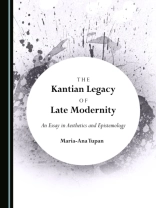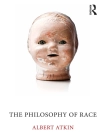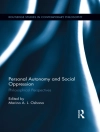By drawing some parallels between the history of ideas and literary discourses of late modernity, this book traces the influence exerted by Immanuel Kant, either directly or through the mediation of Henri Bergson’s intuitionism, Edmund Husserl’s phenomenology, Max Dessoir’s psychological aesthetics, Hans Vaihinger’s als ob fictionalism, or Karl Popper’s logical positivism. As the argument goes, background radiation of the Kantian revolution can be detected even in semiotic poetics, quantum probability, and complexity theory. An interdisciplinary approach seems appropriate when considering the works of a thinker who fused Newton’s physico-mathematics with psychology and anthropology to form a new paradigm that opened vistas to integrated disciplinary fields, such as J.F. Herbart’s psycho-physics, Wilhelm Wundt’s physiological psychology, and William James’s pragmatism. Enfolded selves, dissolution of selves into quanta of personality, and multiple hypothetical plots analogous to the Kantian thing in itself as an unfathomable matrix of possibilities are seen as latent effects of his deconstruction of rationalist metaphysics. Immanuel Kant of the Prolegomena(A 59) emerges as the philosopher of the coastal mind, teased by the sense-world out of thought, yet not confined, but experiencing the thrill of being connected with things and possessed of the knowledge of the boundary.
Maria-Ana Tupan
Kantian Legacy of Late Modernity [PDF ebook]
An Essay in Aesthetics and Epistemology
Kantian Legacy of Late Modernity [PDF ebook]
An Essay in Aesthetics and Epistemology
Achetez cet ebook et obtenez-en 1 de plus GRATUITEMENT !
Format PDF ● Pages 115 ● ISBN 9781443816526 ● Maison d’édition Cambridge Scholars Publishing ● Publié 2016 ● Téléchargeable 3 fois ● Devise EUR ● ID 5348775 ● Protection contre la copie Adobe DRM
Nécessite un lecteur de livre électronique compatible DRM












